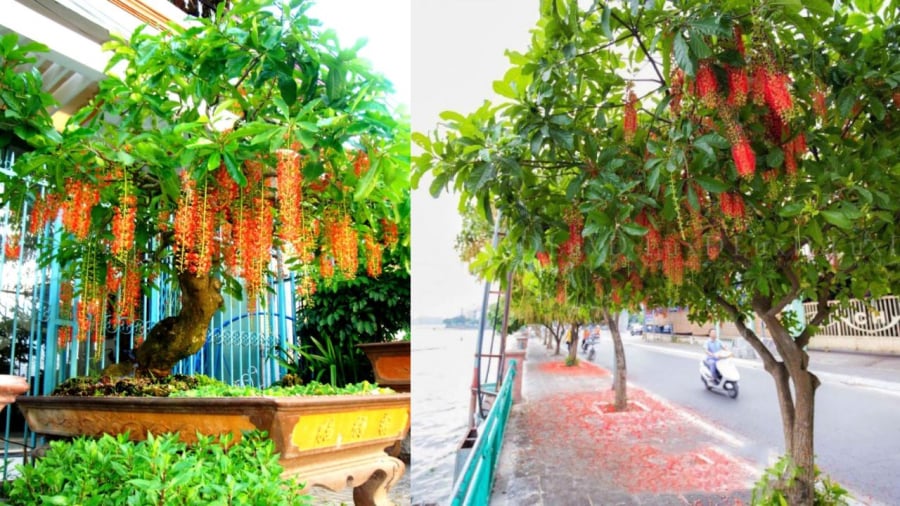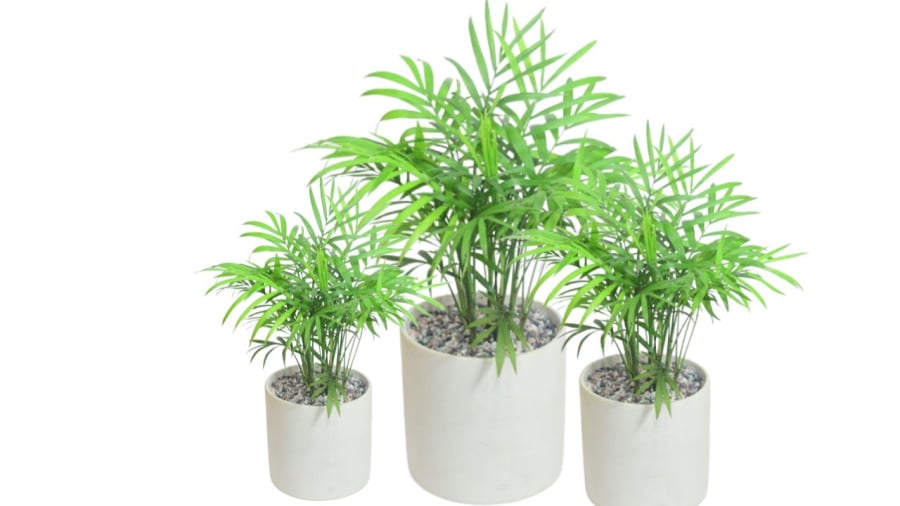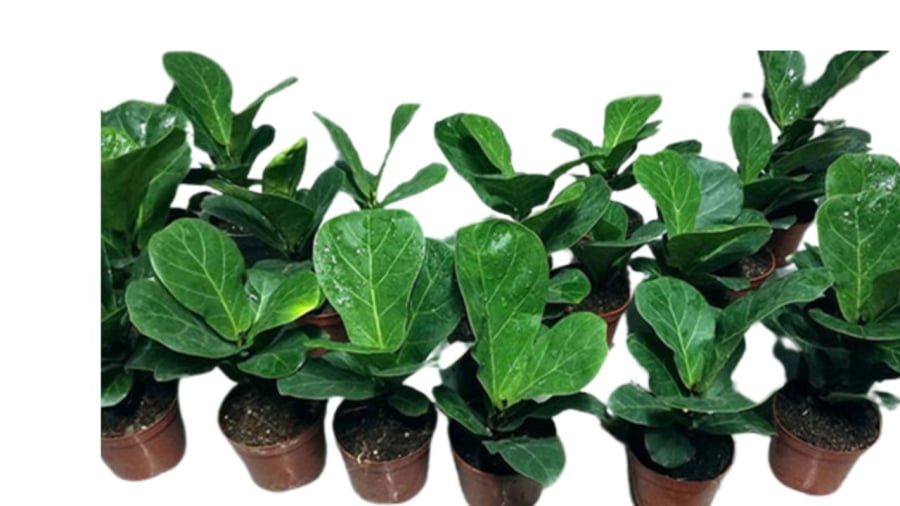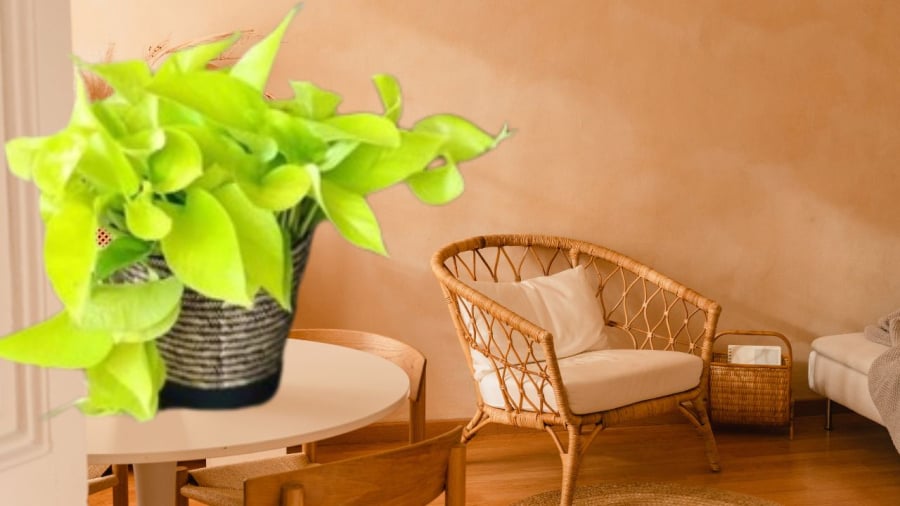Growing Arowana Trees
The Arowana tree is a revered plant in Vietnamese culture, considered one of the four noble trees, including the Sang, Sung, Tung, and Loc, or the trio of Sung, Loc, and Van Tuyet. It is a beautiful ornamental tree with romantic blooming flowers that form clusters. During the season of golden foliage, the Arowana tree creates a romantic golden carpet of fallen leaves. The tree also possesses medicinal properties, and its leaves are edible raw.
Traditionally, the Arowana tree has been chosen as a lucky ornamental plant in feng shui. The word “Loc” in its name implies good fortune and smooth sailing for the homeowner. The clusters of red Arowana flowers symbolize happiness and are associated with the idea of blooming wealth. The sturdy and robust root system of the Arowana tree represents the unwavering determination and resilience of the homeowner. Its long lifespan signifies longevity for all family members.
Arowana trees are easy to cultivate, whether in outdoor gardens or small pots, and can be shaped into bonsai trees.

The Beauty and Simplicity of Arowana Trees
Growing Betel Trees
Betel trees, with their spreading canopies, are often grown indoors, in offices, and used to decorate and conceal unsightly corners. They are believed to ward off negative energies and bring fresh, clean air, making them popular houseplants. Betel trees are also symbolic of peace and positivity in feng shui, with the ability to dispel negative energies and provide protection for the homeowners. Additionally, they are known for their air-purifying qualities, eliminating toxins from the air.

The Easy-Going Betel Tree
Aside from enhancing the aesthetics of living spaces, the presence of betel trees is believed to herald wealth, prosperity, and the opening of financial opportunities for homeowners. Betel trees are easy to cultivate and care for, making them accessible to all. Growers only need to ensure a well-lit environment and occasional watering for their betel trees to thrive year-round. Notably, betel trees grown in pots also readily develop new branches and maintain their lush greenery without any yellowing of leaves.
Growing the Singapore Banyan Tree
The Singapore Banyan tree is a recent introduction to Vietnam and has quickly gained popularity. Its large, plump leaves resemble a guitar, making it a visually appealing plant. In feng shui, the large leaves of the banyan tree are believed to attract wealth and fortune for the homeowner.
The Singapore Banyan tree is also an excellent air purifier and dust absorber. If you grow this tree, you will notice how quickly it accumulates dust on its leaves. In feng shui, the banyan tree is associated with wealth, prosperity, abundance, and financial abundance.

The Singapore Banyan Tree
The Singapore Banyan tree is easy to grow; simply place it in a well-lit area near a balcony or window, and it will thrive with lush, new foliage. The round, large leaves are believed to attract an abundance of wealth.
The straight trunk and large, round leaves of the Singapore Banyan tree make an impressive choice for the front of a house. This tree variety is also excellent at absorbing dust and purifying indoor air. Notably, it requires no fertilizer throughout the year, only needing regular watering with clean water to maintain its vibrant greenery and healthy new growth.
Growing Golden Pothos
Golden Pothos is a versatile houseplant that can thrive anywhere, as long as it has water. While pothos plants typically have green leaves, the golden variety features distinctive golden foliage. This easy-to-grow plant holds significant feng shui value, symbolizing wealth, luck, prosperity, peace, and protection against negative influences. With its trailing, round stems, Golden Pothos is ideal for hanging baskets, balconies, or walls.

Golden Pothos: A Stunning Variety
According to a NASA website post, Golden Pothos effectively removes small amounts of several toxic volatile organic compounds from the air, including benzene, formaldehyde, trichloroethylene, toluene, and xylene.
In feng shui, the Golden Pothos is believed to attract wealth, luck, and prosperity, while also bringing peace and protection from negative influences. Additionally, these four types of ornamental plants are widely available and affordable, making them accessible to everyone. They are low-maintenance and do not require complex care techniques.
The Haunting Question: To Build or Buy a Home in July?
“Unraveling the Mystery Behind the Taboo of Real Estate Transactions During the Hungry Ghost Festival: A Cultural Conundrum.”
Intrigue, culture, and a touch of the supernatural – this introduction paragraph sets the tone for an engaging exploration into the traditional taboo of conducting real estate dealings during the month of the hungry ghosts. A skilled SEO writer would indeed weave their magic to capture attention and entice readers to discover more.



































